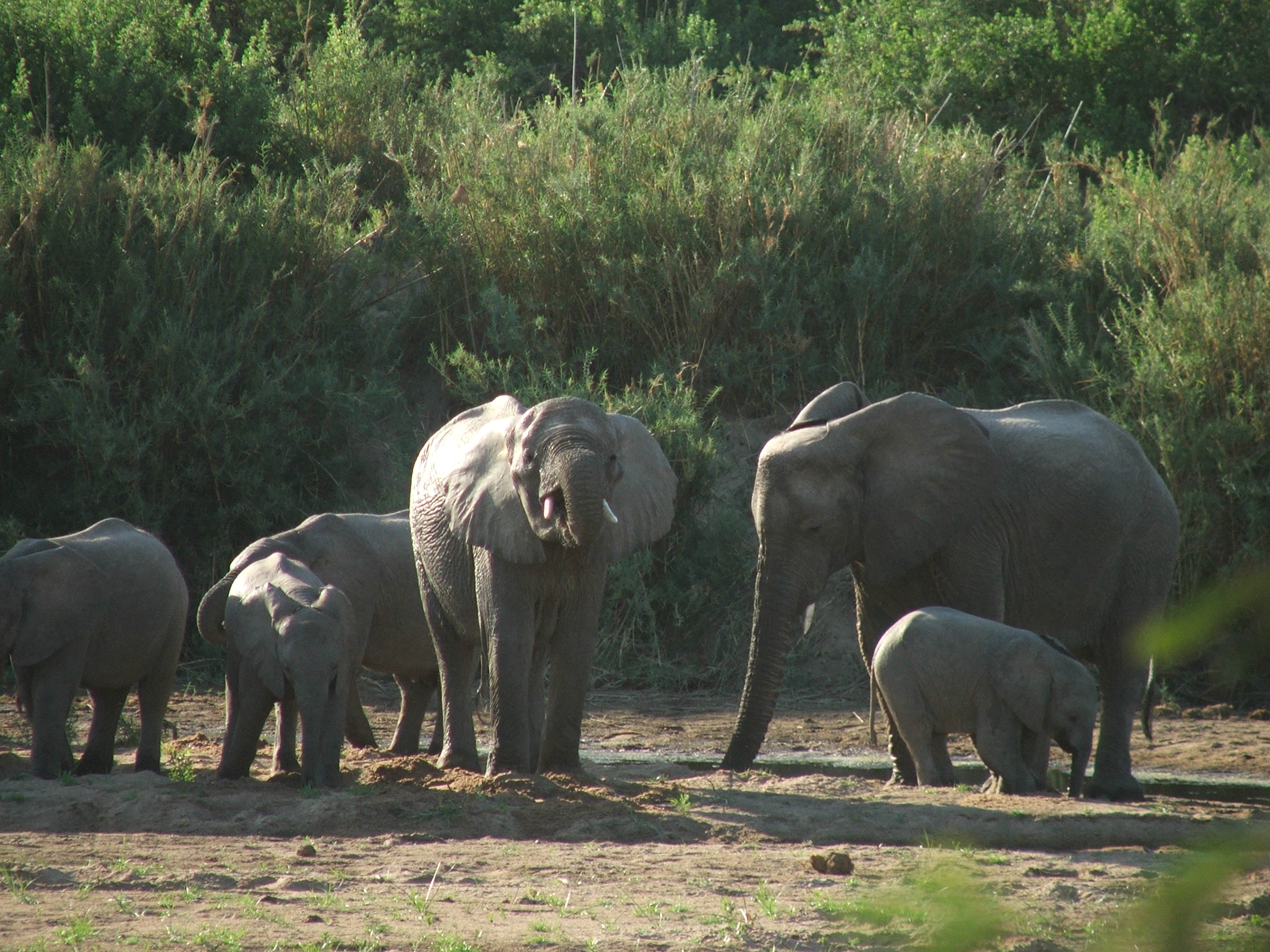Being sensitive to the other person, curious about them, attempting to understand them and what they think about the topic of the communication, and responding to them thoughtfully as they engage the conversation — we know this works in our personal lives. It’s not the end, but it may be a way forward. Even with communicating about climate change.





